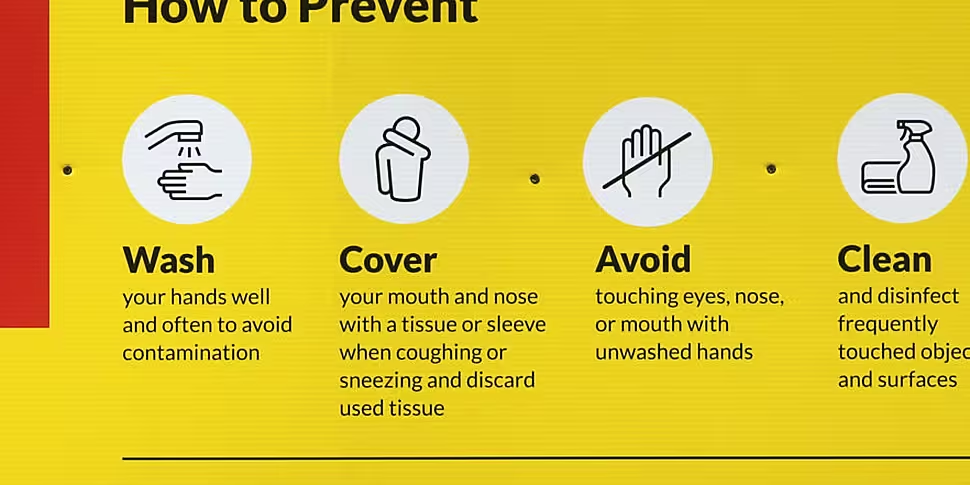Immunologist Professor Luke O'Neill has warned that if coronavirus cases reach between 70 and 90 a day, Ireland is back in danger.
He told The Pat Kenny Show: "It's slightly worrying - the numbers are going up as you've just seen.
"We all watch them every night, don't we, and we think 'Oh 50 yesterday' and so on.
"So it's more than it was, it's obvious this is what happened though cause we're out and about more.
"And clearly you will see little spikes because people are meeting up more and more.
"This virus jumps from one person to another, so we're going to see these numbers - the worry would be if it gets even higher obviously.
"You don't need to be an epidemiologist to predict that: if it goes to 70, 80, 90 a day, that's getting into the danger zone.
"Because other countries would have had semi-lockdowns with those kinds of numbers over four or five days.
"It's about the trend as well, by the way, it may go down again tomorrow - we don't know".
On potential long-term impacts on those who have had the virus, he said: "We thought it was binary: you get infected, you get over it [and] you were fine - or you were very severe, they were the two options to begin with.
"But now we realise as we study patients more and more, there are long-term symptoms.
"At least one in three have persistent symptoms post-viral.
"And now we knew other viruses do this - this is called post-viral fatigue syndrome - so it's kind of well known.
"Your body's been beaten up by the virus, basically, [and it] takes time to recover and that was known with other viruses.
"This one seems especially troublesome - as many as one in three will have long-term things like fatigue and brain fog.
"This sounds like a strange phrase, they use this as a word [to describe] this sort of sense of confusion, and you can't concentrate.
"That can persist for one, two, three months when you get over the virus."
"Again it's severity: the worst disease you have, the more likely you'll have these longer-term consequences.
"But even 15% of mild cases are reporting one, two, three months out that they still have some symptoms.
"Breathlessness is one, they can't exercise like they used to, and then this strange thing of brain fog fatigue."
"The reason is it infects the heart, it infects the kidneys, it infects the liver and the brain fog one - it can get into the brain.
"The thing to emphasise, remember, is that this is a serious disease - never forget that.
"The heart is the other one, there's definitely heart damage happening.
"One example is you measure a thing called troponin: if you've a heart attack, the amount of troponin in your blood is a marker of the heart's injuries.
"That goes up post-COVID and that worries doctors, cause that's the evidence that the heart is being damaged.
"And the other thing is it locks on to a special thing called Ace 2, that's the receptor.
"The normal job of Ace 2 is to regulate blood pressure... if you damage Ace 2, blood pressure goes up a tiny bit and again there's pressure on the heart.
"Remember the virus is hijacking a normal process there, and that normal process is impaired and low and behold blood pressure is part of this.
"So cardiologists are now really flagging this as a concern, that the heart damage is a feature".









